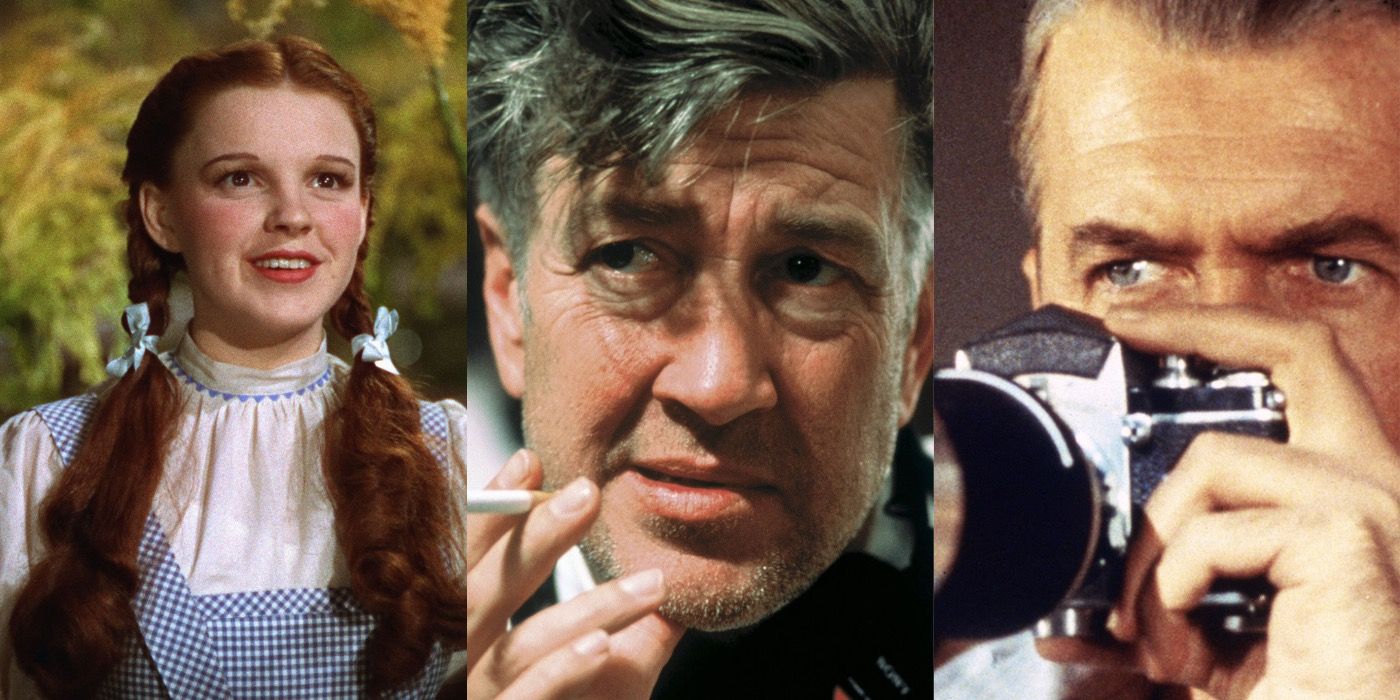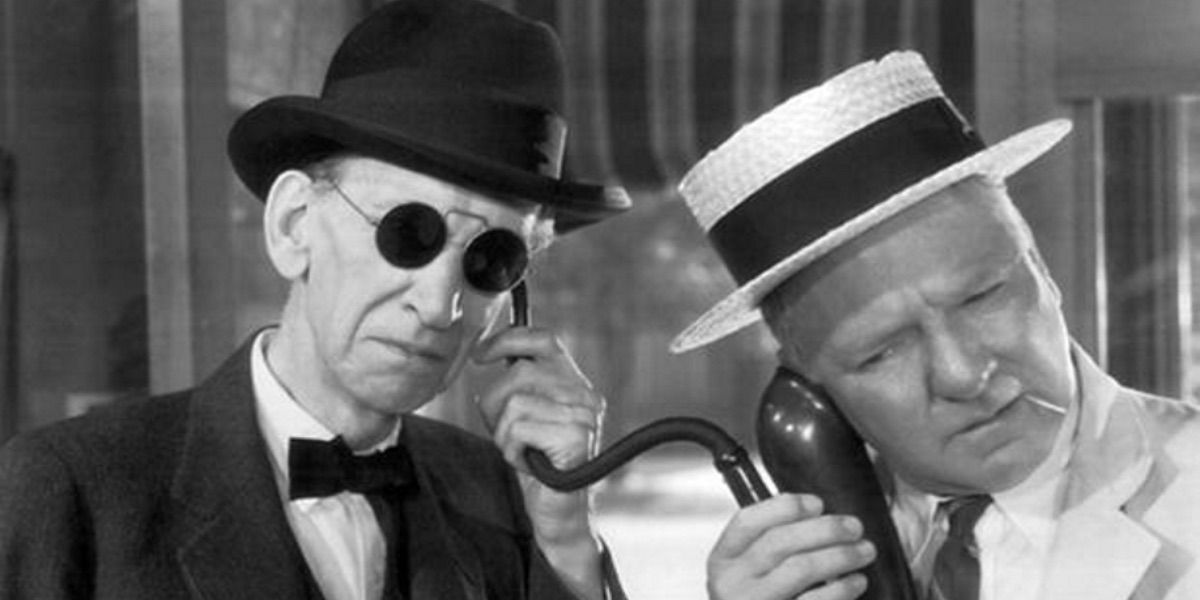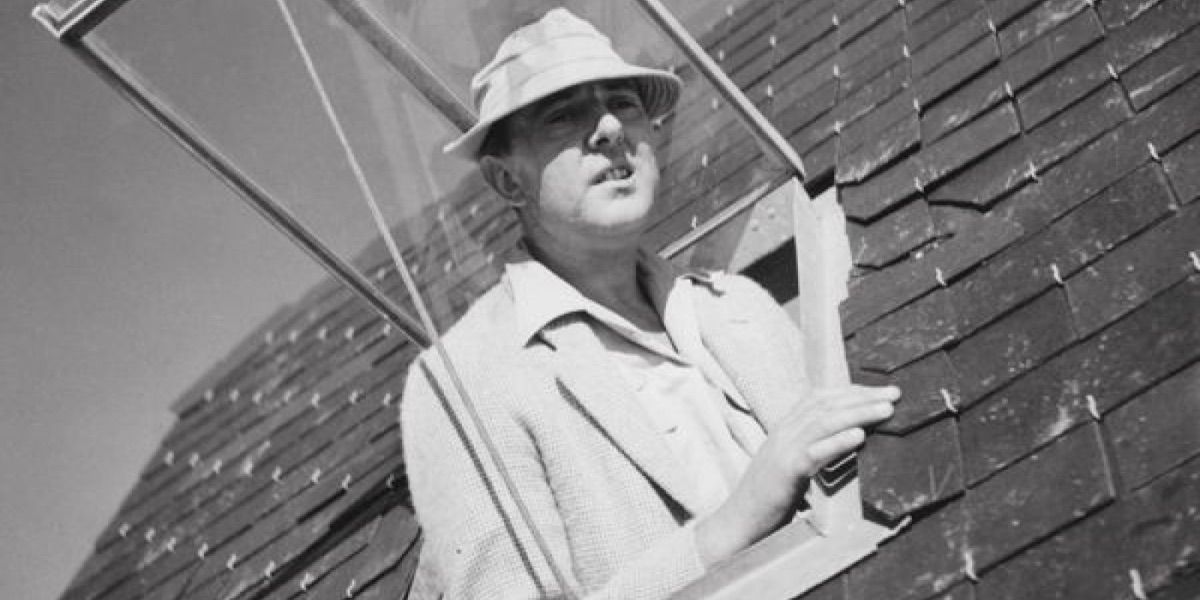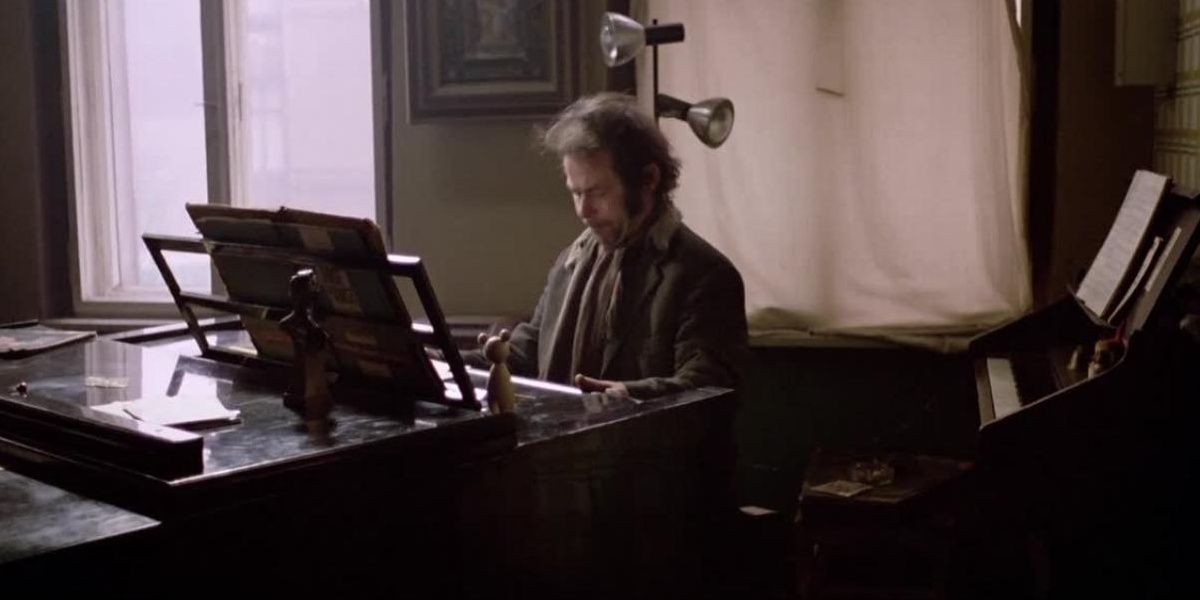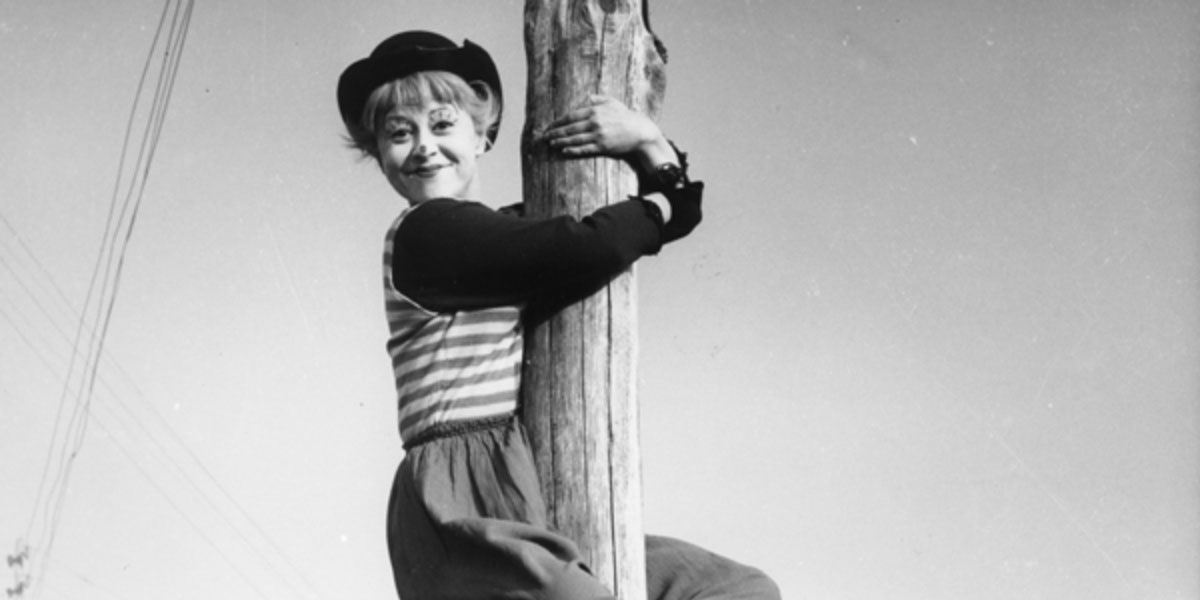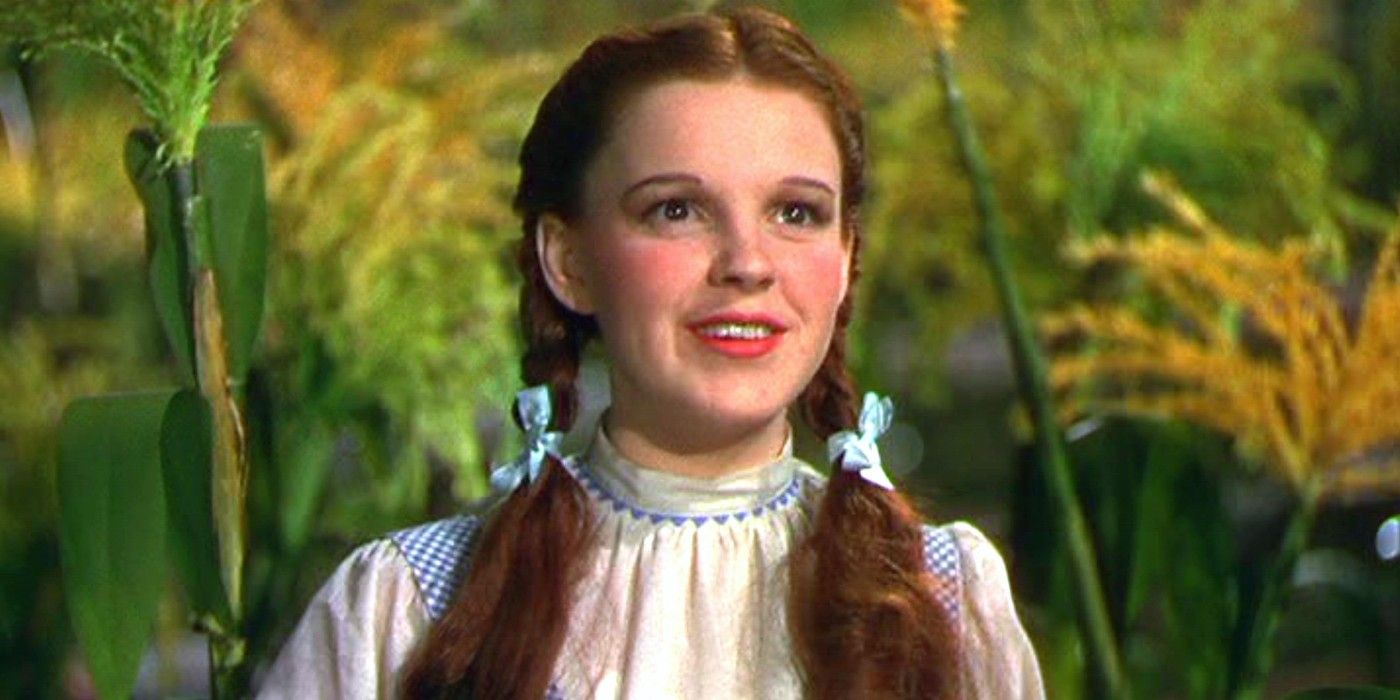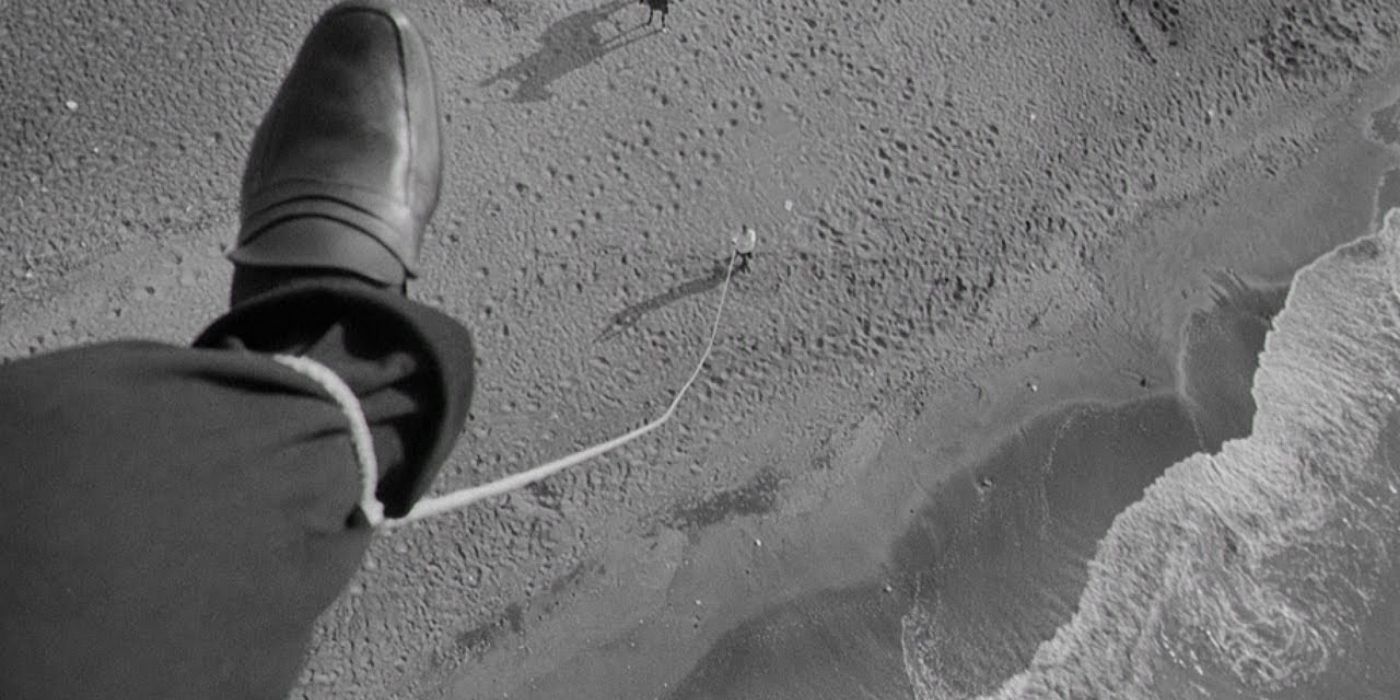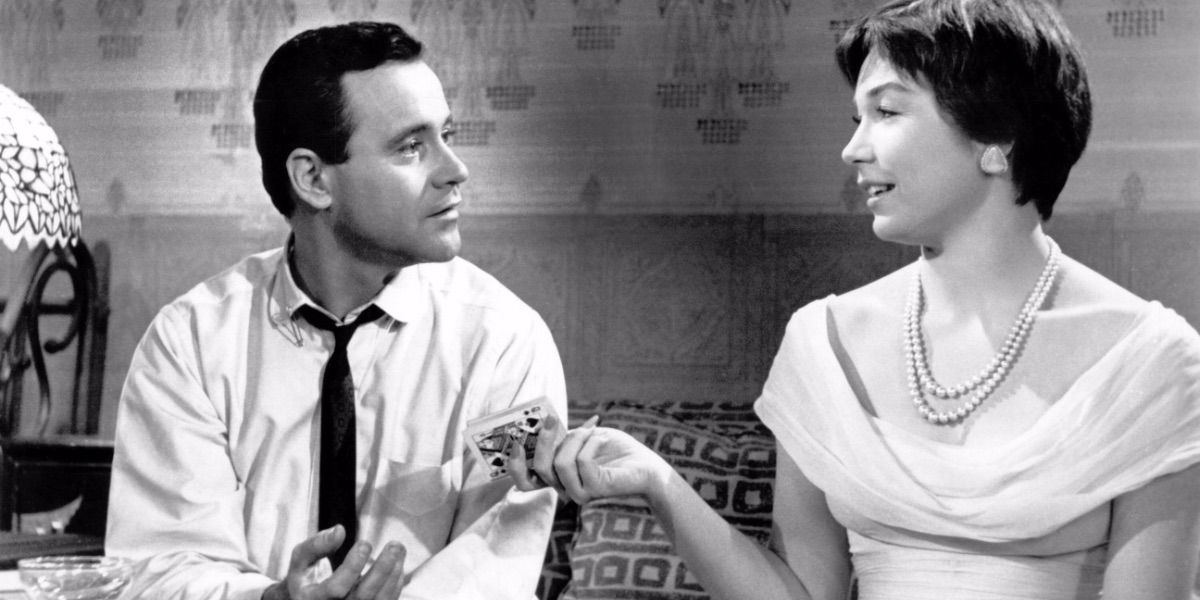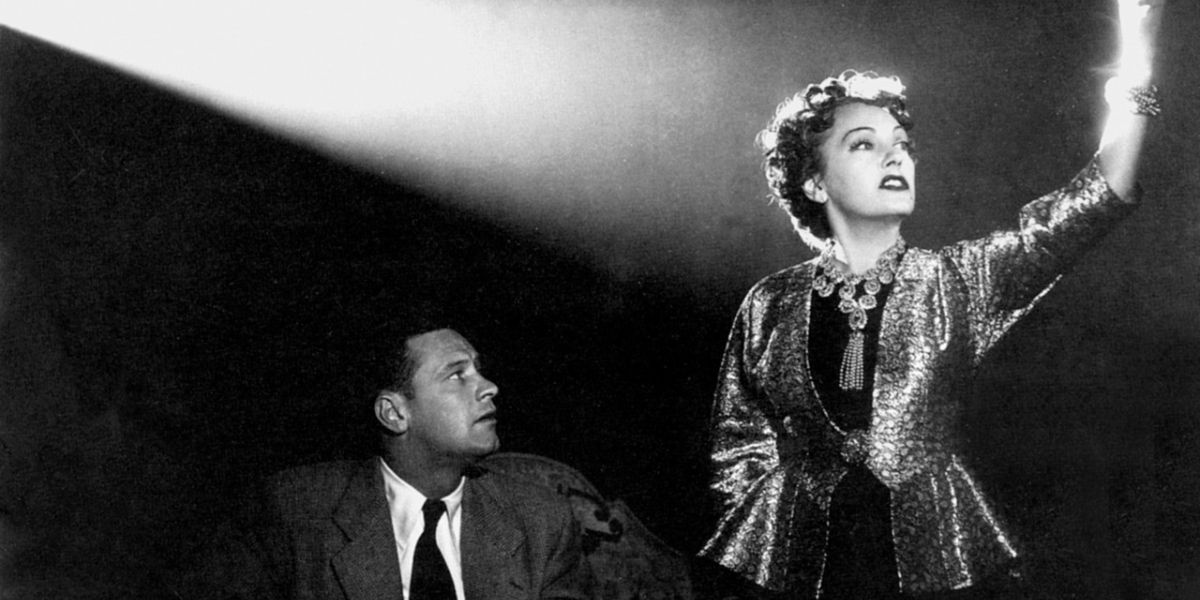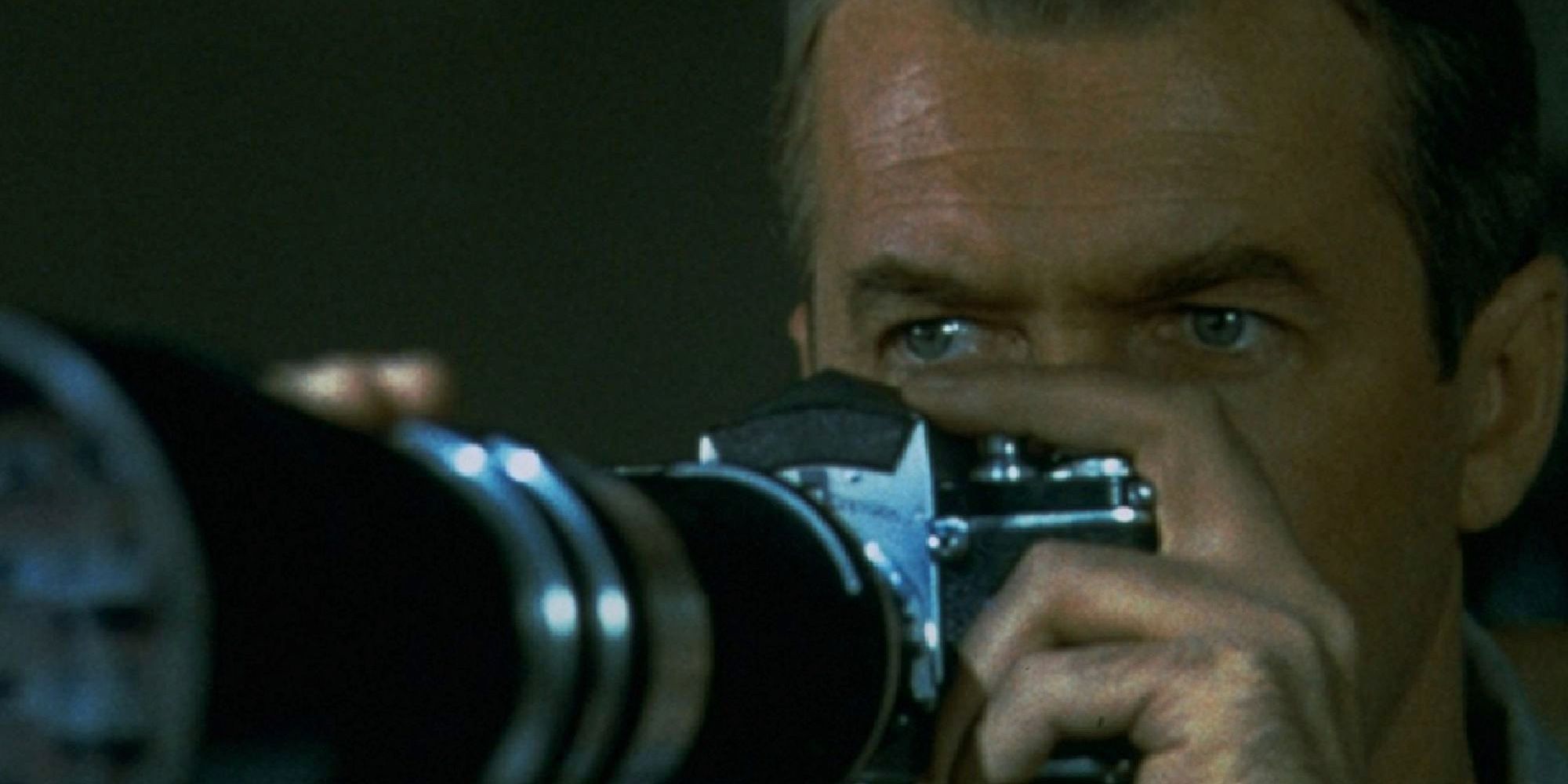Surrealist film director David Lynch has often spoken candidly about his favorite films, as is evidenced by The Film Stage, and they offer a unique view into the mind of the celebrated filmmaker. The films he has mentioned span a wide range of styles and genres, but it is not hard to see what aspects of the films he admires.
From family classics like The Wizard of Oz to celebrated suspense films like Rear Window, it seems as if Lynch's inspiration has come from all sides. Though his favorite films are all critically successful, some have garnered higher scores on IMDb.
It's A Gift (1934) - 7.2
The early days of comedy film were dominated by a few important figures, and W.C. Fields was one of the biggest. It's A Gift sees Fields as an overworked grocer who hopes to move to California and start a new life as an orange farmer, despite the protestations of his wife.
Though the film is far from anything that Lynch has ever made, there is an artificial quality to early film that Lynch has often mimicked. Though reality is strived for in most modern film, Lynch revels in an eerie, fake quality as demonstrated in films like Blue Velvet and Mulholland Drive, where the sets often look intentionally phony.
Monsieur Hulot's Holiday (1953) - 7.4
French comedic director Jacques Tati's catalogue of films may be brief, but it is packed with hilarious films that also pushed the boundaries of filmmaking. Monsieur Hulot's Holiday follows the titular Hulot, a near-silent man, who travels to a seaside resort and finds himself in all sorts of silly situations.
Similar to Charlie Chaplin's classic films featuring the Tramp character, Hulot serves as the impetus of the story, and his bumblings push the plot forward. Much like Lynch, Tati excelled at utilizing the space within his films to draw the viewers' eye. Oftentimes, the relationship between space and character is where the humor comes from in Hulot's Holiday. However, Lynch uses that relationship to establish tension in his much darker films.
Lolita (1962) - 7.5
David Lynch has never shied away from professing his love for Stanley Kubrick and his many classic films. However, Lolita is not often a film cited when viewers list their favorites from Kubrick's extensive catalogue. The film follows a middle-aged college professor who finds himself obsessed with a fourteen-year-old girl.
Though the novel that the movie is based on is entirely serious, Kubrick took the film in a surreally humorous direction. Kubrick is informing his audience that not everything is as it seems by posing the question, "Who would ever make a movie of Lolita?" Lynch similarly takes his audiences on strange journeys into the absurd, and humor helps to soften the blow of some of the darker moments of his films.
Stroszek (1977) - 7.8
German filmmaker Werner Herzog and David Lynch are very similar in that they are dynamic personalities who make truly unique pieces of cinema. Stroszek follows a Berlin man who moves to rural Wisconsin in hopes of starting a new life away from his past.
Though not usually mentioned when listing Werner Herzog's best films, Stroszek is nonetheless a signature part of his catalogue. The juxtaposition of Herzog's absurd comedy with the bleak story and surroundings is a hilarious joke in itself, and the film deftly slides from humor to drama. Though it is a German film, it is still a slice of life in America and falls in the wheelhouse of Lynch, who has tried on several occasions to show his own twisted view of the U.S.A.
La Strada (1954) - 8.0
Few filmmakers have had as direct an influence on another artist as Federico Fellini had on David Lynch. The Italian filmmaker's many classic movies feature a similar blend of tone and style to Lynch's catalogue. La Strada is the story of a young woman who is sold to a traveling circus and slowly loses her carefree attitude and outlook on life.
The "woman in trouble" trope has come to define Lynch's career just as it had defined Fellini's. The slow spiral into despair that the main character faces in La Strada is a direct mirror of Lynch's storyline in Mulholland Drive. In both films, a woman with a naive attitude towards the world is slowly worn down by the difficulties of life and the horrors that they endure.
The Wizard Of Oz (1939) - 8.0
The Wizard of Oz is generally regarded as one of the best films of all time and hardly needs an introduction. The story follows a young girl named Dorothy who is suddenly transported to the magical land of Oz, where she joins a team of misfits in order to get back home to Kansas.
Though the film has inspired every generation since its release, the film had a profound effect on Lynch's work. The tale of a young woman finding herself in a surreal world is a common theme in Lynch's films like Mulholland Drive and Inland Empire. In fact, Lynch's film Wild at Heart pulls imagery and story elements directly from The Wizard of Oz in an intentional tribute to the film.
8 1/2 (1963) - 8.0
The theme of dream and fantasy has become an integral part of David Lynch's style, and it was from films like Fellini's 8 1/2 that he drew inspiration. The film follows an overworked film director who begins to retreat to his past and his fantasies in an attempt to escape the pressures of the world around him.
While Lynch's films have been described as dream-like, 8 1/2 was a more pure attempt at the theme. Using surreal imagery to make a statement about the character, Fellini diverges from Lynch, who uses his surreal aspects to intentionally confound the viewer. While 8 1/2 is a humorous dream, Lynch's films can often feel like feverish nightmares.
The Apartment (1960) - 8.3
Like other masters of cinema, Billy Wilder had a profound impact on Lynch as a storyteller and filmmaker. The Apartment follows an insurance clerk who tries to improve his station at the company by letting his boss use his apartment for his many trysts.
Billy Wilder's films are unique because they are usually viewed as straightforward comedies, but they can also feature darker elements. The Apartment is absolutely hilarious, but it also takes a dark left turn towards the end. Lynch drew inspiration from Wilder's stories and applied that logic to the worlds he built in his films. In his movies, there is often a seedy underbelly waiting just below the surface.
Sunset Blvd. (1950) - 8.4
Old Hollywood has been a useful inspiration for filmmakers since the golden age of movies and continues to be today. Sunset Blvd. is the story of a down-and-out screenwriter who forms a dangerous relationship with a faded movie star who dreams of a return to stardom.
Billy Wilder, like Lynch, saw through the absurd veneer of Hollywood when making Sunset Blvd. Both filmmakers knew that, beneath the surface, there was an evil world waiting to swallow up the innocent, and Mulholland Drive explores similar themes as Sunset Blvd. Though it is generally regarded as one of Wilder's best films, it is also clear to see why Lynch fell in love with the film.
Rear Window (1954) - 8.5
Alfred Hitchcock is one of the most influential filmmakers of all time, and in Rear Window, there was no doubting his talents. The film follows a photographer who is in a wheelchair and amuses himself by spying on the people who live in the building across from him. While spying, he begins to suspect that one of his neighbors is a murderer.
Hitchcock showed his masterful abilities by laying out a compelling story that never leaves a single room. By relying on his abilities as a filmmaker, Hitchcock crafted the simplest but most compelling story possible. As for Lynch, the themes of voyeurism and domestic instability were mirrored in his films like Blue Velvet and Lost Highway.

